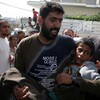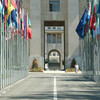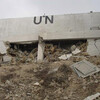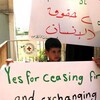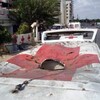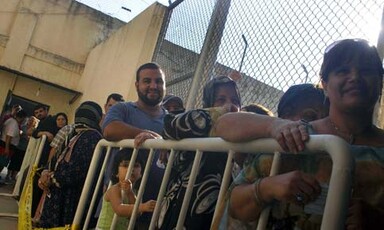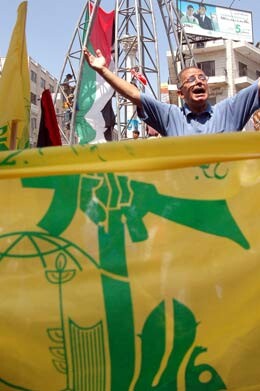
Sowing the seeds of future wars
8 August 2006
Thanks to the US’s latest intervention in Lebanon, the Islamic values of Hizbollah, of Islamic Jihad, are gaining ascendancy in the Arab world and sowing the seeds for future wars. The lesson learned from this latest Lebanese war is this: The only thing that has a chance of working in the Middle East is the emergence of a powerful force that will act as a deterrent to the United States’ unconditional support of Israel’s illegal and unjustified actions. To the Arab and Moslem world, far from being a terrorist organization, The Iranian-backed Hizbollah is now a symbol of Lebanese and Arab pride. Read more about Sowing the seeds of future wars

